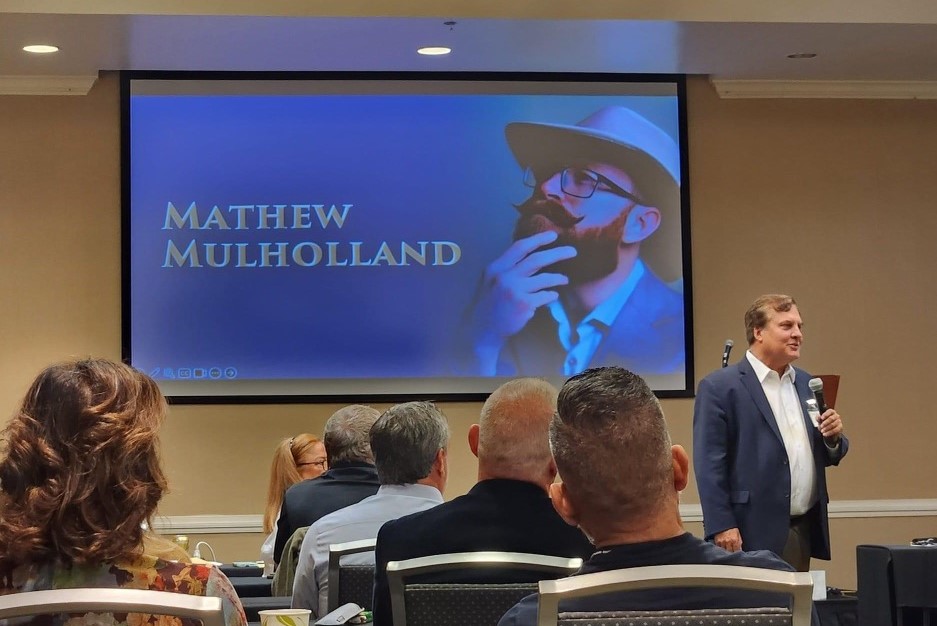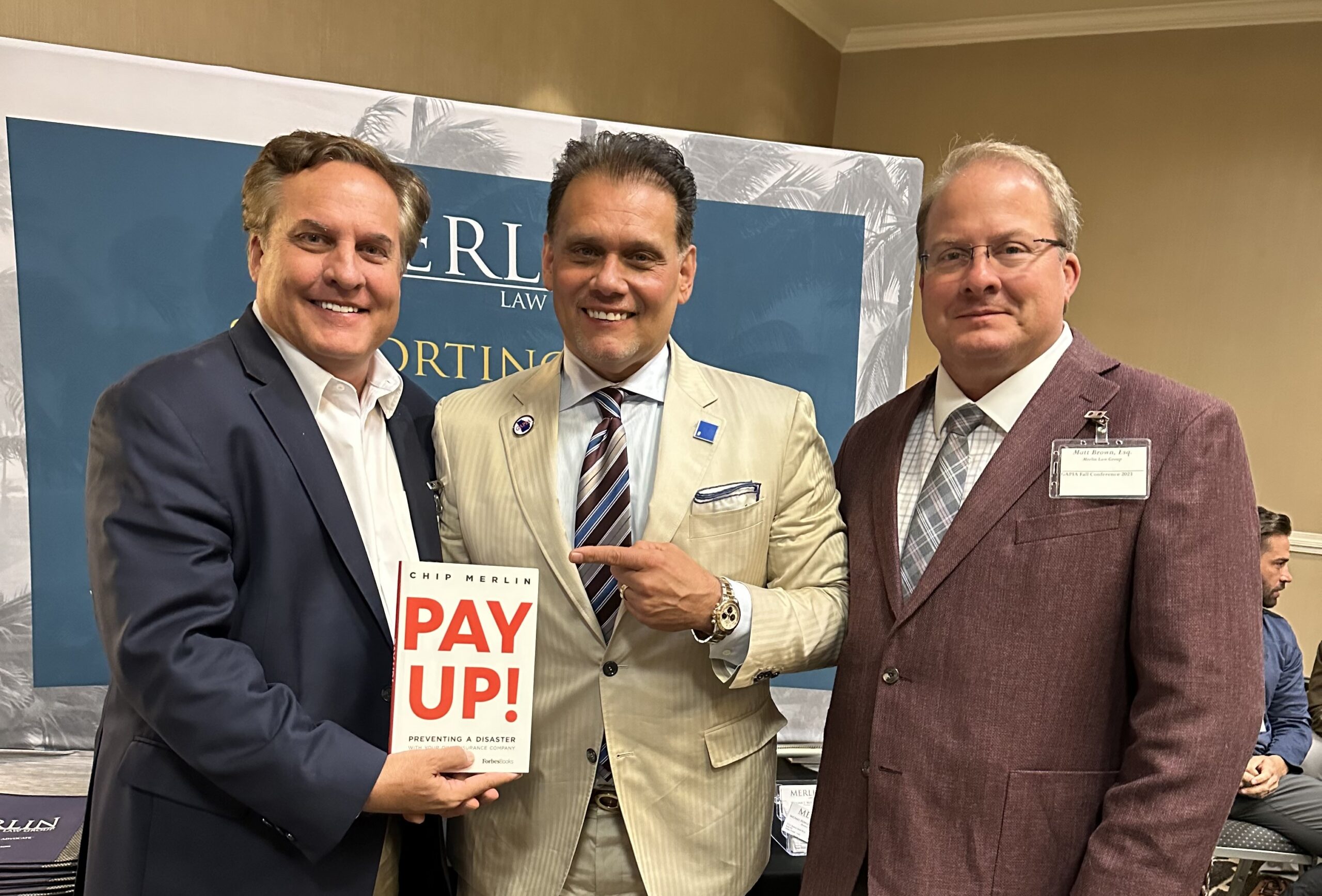In a first-party property insurance dispute, a property owner may seek to have a lay witness or expert witness testify that the value of his or her property diminished in value as a result of the loss.
In a recent Georgia case, Woodrum v. Georgia Farm Bureau Mutual Insurance Company,1 an issue arose regarding whether a contractor retained by the insured could properly offer opinions diminution of value as an expert witness or lay witness.
The insureds’ property was damaged when a large tree fell onto their roof during a thunderstorm. After going through the appraisal process with their insurance carrier, they filed a lawsuit against the insurance carrier seeking payment for diminution in value. Their breach of contract claim was based on allegations that a fallen tree had caused a crack in the slab foundation of the house, that the value of the house had been diminished by the cracked foundation, that the diminished value was a covered loss under the policy that was not included in the appraisal award, and that the insurance carrier had failed to pay for that diminished value.
During the litigation, the insurance carrier filed a motion to exclude the testimony of the insured’s contractor, who repaired the home and opined that the house lost 25% of its value due to the crack in the foundation.
The trial court granted the motion to exclude the contractor’s testimony as both an expert and a lay witness regarding the diminution in value of the insureds’ property.
On appeal, the Georgia Court of Appeals held the court did not err in excluding the contractor’s testimony as an expert witness because “[his] estimation of the diminution in value of the subject property ‘was not based on any market comparisons or related methodology’ ” and that the insureds “failed to establish that the methodology by which [the contractor] reached his conclusions was sufficiently reliable” to qualify him as an expert witness.2
However, Georgia’s statute on admissibility of lay witness testimony, OCGA § 24-7-701, provides:
(a) If the witness is not testifying as an expert, the witness’s testimony in the form of opinions or inferences shall be limited to those opinions or inferences which are: (1) Rationally based on the perception of the witness; (2) Helpful to a clear understanding of the witness’s testimony or the determination of a fact in issue; and (3) Not based on scientific, technical, or other specialized knowledge within the scope of Code Section 24-7-702.
(b) Direct testimony as to market value is in the nature of opinion evidence. A witness need not be an expert or dealer in an article or property to testify as to its value if he or she has had an opportunity to form a reasoned opinion.
Emphasis added.
The appellate court reversed the order as to the contractor giving lay witness testimony as to value because the trial court “record amply demonstrates that [the contractor] had such an opportunity to form a reasoned opinion as to the value of the house.”3
The appellate court noted several facts contained in the contractor’s affidavit and deposition testimony that demonstrated he was qualified to give an opinion as a lay witness as to the amount the foundation damage diminished the value of the property:
Affidavit
- He was a licensed contractor;
- He was experienced in home building and remodeling and had constructed and repaired many homes during his career;
- He was familiar with the costs of construction and the valuation of homes based on his professional experience;
- He performed the repair of the Woodrums’ house;
- The house suffered massive structural damage due to the fallen tree;
- He witnessed the damage to the slab foundation, which had a crack running from one edge to the other where the tree had fallen;
- The crack affected structural integrity of the home because the slab foundation would never be as strong as it was before the crack;
- He remained concerned about the crack reopening due to future expanding and contracting of repairs made to the crack;
- The structural damage to a house’s foundation caused the loss of value;
- A purchaser would expect to pay less for a home with a cracked slab foundation; and
- The ability to use certain materials on top of the compromised foundation was limited, which caused further loss of value.
Deposition Testimony
- He had testified that he had experience inspecting houses for structural integrity and giving opinions as to value;
- He had the knowledge and experience to know what a house was worth by inspecting it;
- He had helped build an addition to the Woodrums’ house;
- The tree that fell on the house was massive and basically cut the house in half;
- The cracked foundation was shown in certain photographs;
- He performed repairs to the house; and
- His opinion as to the diminished value was based on his experience.
While an expert is often needed to determine the values of property before and after damage, this case allowing lay witness testimony on diminution in value is helpful for Georgia policyholders. Diminution in value issues have been previously addressed in Georgia. For more case law on this subject, make sure to read Nicole Vinson’s blog: Sweet as a Georgia Peach- Georgia’s Supreme Court Opens the Door for Diminution of Value Claims for Commercial Property Losses.
___________________________
1 Woodrum v. Georgia Farm Bureau Mut. Ins. Co., 2018 WL 3135082, No. A18A0596 (Ga. Ct. App. June 27, 2018).
2 Id. at *2.
3 Id. at *3.



